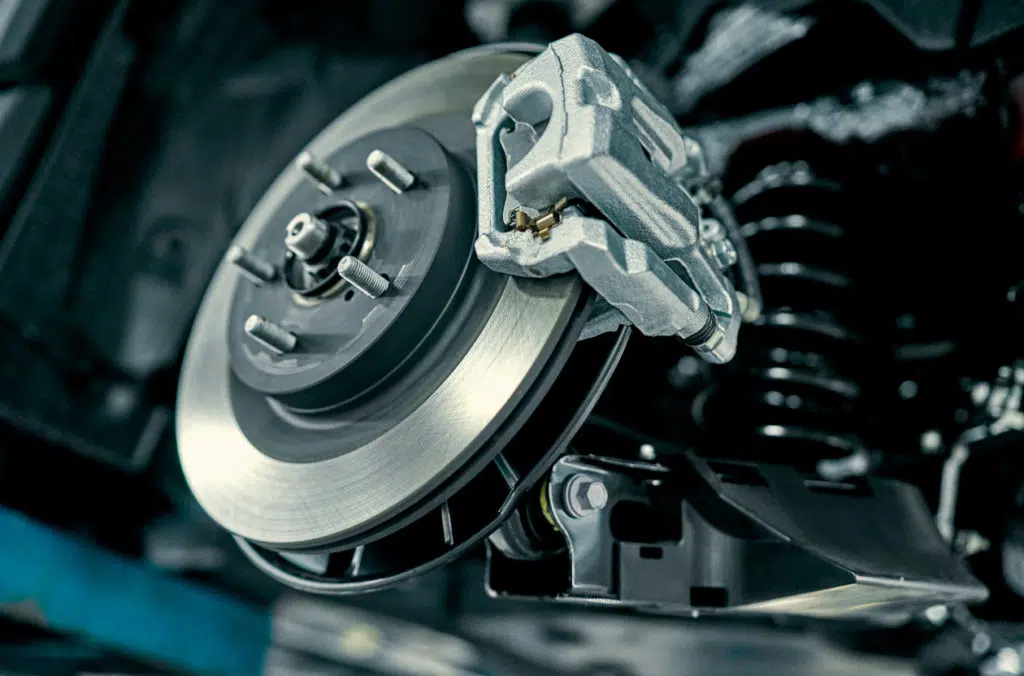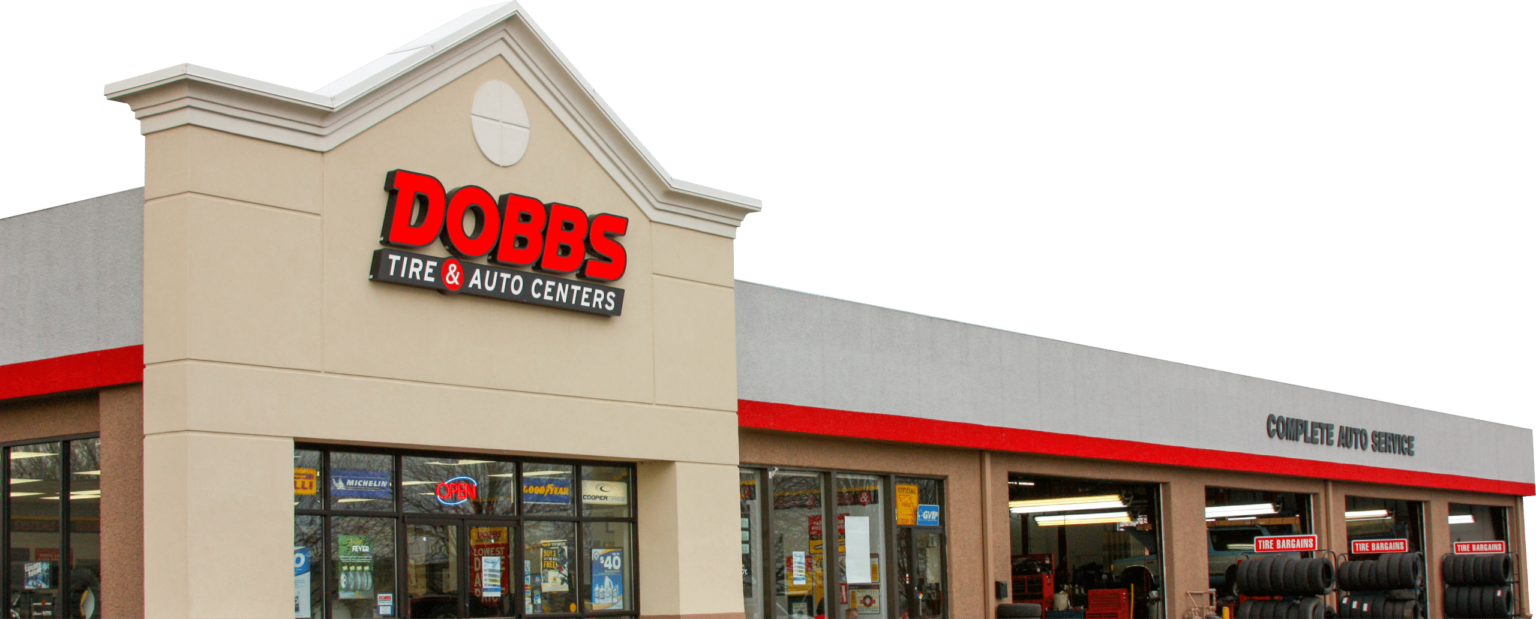Get Ahead Of Road Hazards With A Brake Inspection

Fall is finally here, and as the temperature finally drops from the heat, your car and the roads will start to feel the wear and tear of the season. As the leaves fall off the trees and coat the road, your car or truck will have a harder and harder time retaining its grip on the road. Not only can leaf buildup be dangerous, but also frequent rains and even early freezes can reduce your braking capabilities drastically. If you are driving on old or worn-out brakes, your vehicle can lose up to 50% of its braking capacity. You can easily get ahead of any potential road hazards and issues with your vehicle by coming into one of your local Dobbs Tire & Auto Centers today. Our team of expert and certified service technicians will help you take care of all your automotive needs in one convenient stop. Here is some information about how our brake inspections could save you from a potential accident.
Brake Pads
Brake pads are put under immense stress every time you drive. Brake pads are made out of an abrasive material that rubs against your rotors to create the friction required to stop your vehicle. As you can imagine, that friction can cause some serious heat and strain. Over time, your brake pads will eventually wear down and can expose the metal backing of your calipers to your rotors, which can do some serious damage. Most vehicle manufacturers recommend changing your brake pads every 40,000-50,000 miles, though if you ride your brakes more than most or drive a high-performance vehicle, you may want to change your pads more frequently. If you ever hear any squeaking or squealing when you brake, you need to have your brakes checked as soon as possible, as your calipers could be doing permanent damage to your rotors.
Calipers
Your brake calipers are the mechanisms that put pressure on your brake pads to cause your vehicle to come to a stop. Eventually, even your calipers and your rotors will become worn out, and there are a few telltale signs that your calipers could be struggling. One of the most noticeable symptoms of a failing caliper is if you notice your vehicle pulling to one side when you apply your brakes. Your car will usually pull away from the side that has a failing caliper, so if your vehicle is pulling to the left, you most likely have a failing caliper on the right-hand side. If you notice any fluid leaks, a spongy brake pedal, or any reduced braking ability you could have an issue with your calipers.
Brake Fluid
Although there is no set time to replace the brake fluid in your vehicle, we recommend that you have your brake fluid checked during any routine oil change. Your brake fluid is an essential part of your vehicle and should be checked anytime you notice any decrease in braking capability.
If you are interested in getting ahead of the weather and take care of all of your vehicle’s needs in one quick trip, stop into one of your local Dobbs Tire & Auto Centers today.
